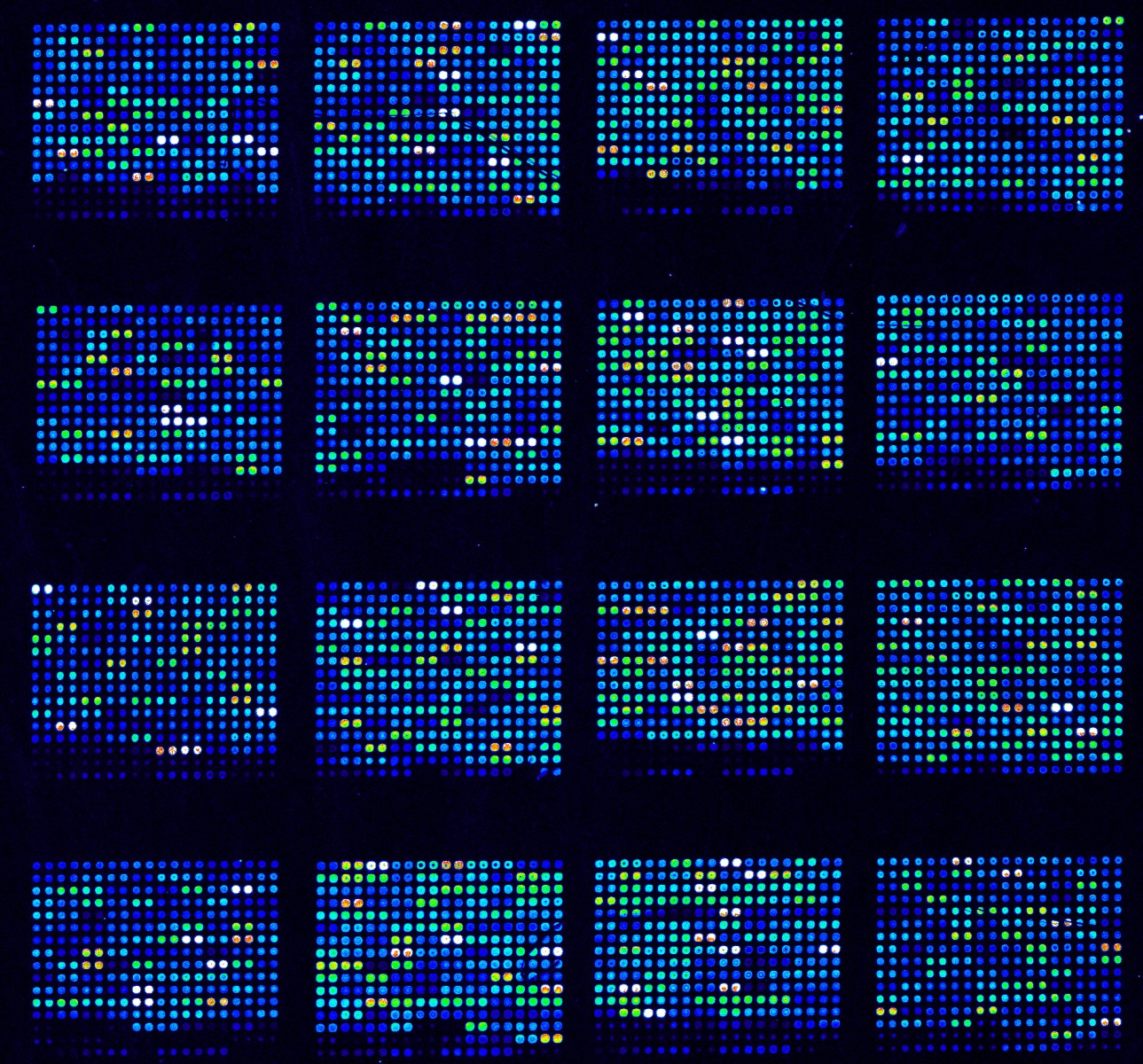Study Identifies 7 Genes Affecting SMA Severity, Onset in Mice
Written by |

Researchers at the National Tsing Hua University in Taiwan discovered seven new genes affecting severity and time of onset of spinal muscular atrophy (SMA). The finding offers researchers clues for what molecules to target in new drug development attempts.
The study, “An Integrative Transcriptomic Analysis for Identifying Novel Target Genes Corresponding to Severity Spectrum in Spinal Muscular Atrophy,” recently published in the journal PLOS ONE, showed that in more severe disease among mice, expression of all seven genes was altered, while only some were involved in milder disease.
The genetic deficiency in SMA — two mutated copies of the SMN1 gene — might be partially rescued by the SMN2 gene, giving rise to a small amount of functional SMN protein. Individuals carrying more copies of SMN2 tend to have less severe disease, but this correlation does not apply to all patients.
In addition, drugs increasing SMN production did not lead to the improvement in symptoms that researchers expected, suggesting that other genes might contribute to disease processes. Searches for such genetic modifiers have led to highly variable findings.
To get a clearer picture of potential genes modifying SMA disease mechanisms, the research team combined analyses of previously published genetic studies with analyses of molecular networks. Using data from 39 previous microarray studies investigating genetic associations to SMA across four human cell types, researchers discovered seven genes that were linked to the disease.
The genes, known to affect regulation of the inflammatory factor TNF-α, are also crucial during the development of the heart, nervous system, and bones.
Researchers then turned to two mouse models, mirroring type I and III SMA, to verify the genes. It turned out that in the spinal cord, none of the of the genes were altered at birth in mice with the more severe infant type I disease. After eight days, representing a stage where mice had developed symptoms, instead, all seven were altered. Analyzing heart, muscles and bone tissues from the mice gave similar results.
In the type III mice, characterized by a later onset, some of the genes were altered at six months, a stage characterized by mice having mild symptoms. The findings show that the genetic pathways contribute to the different times of onset and severity seen in SMA.
Studies exploring how the seven factors contribute to different aspects of the disease will likely provide researchers with clues needed to develop new drugs for SMA. Currently, no effective therapy exists for SMA.






